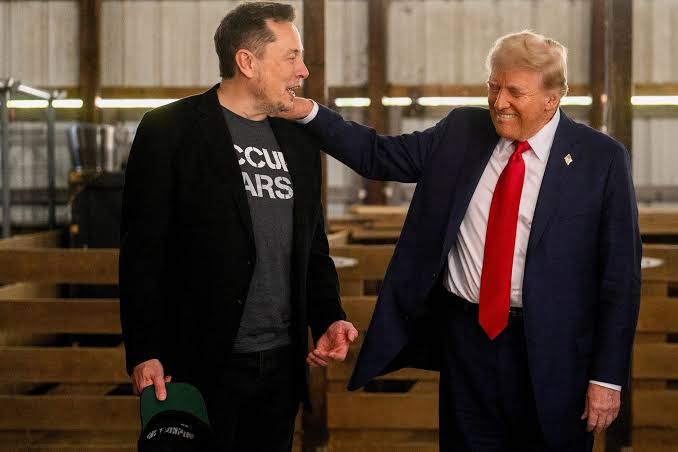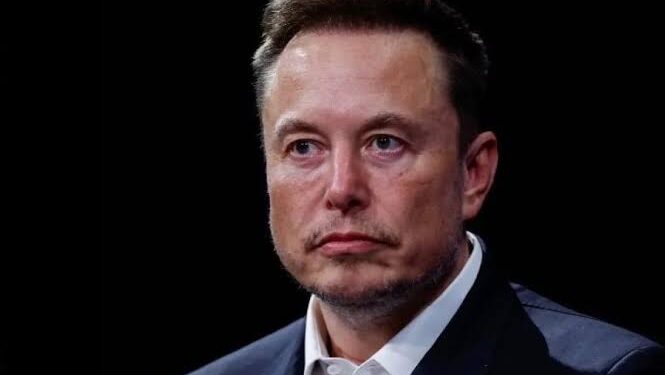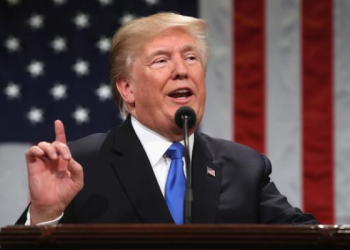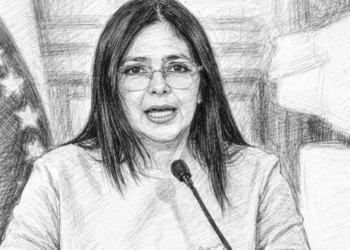Donald Trump is back, and he’s not wasting any time shaking things up. On Tuesday, Trump made a splash by announcing that Elon Musk, the world’s richest man, will head a new group dedicated to slashing federal waste. This “Department of Government Efficiency,” humorously dubbed “DOGE” as an approval to the meme cryptocurrency, will focus on cutting out what Trump calls “insanely dumb” government spending. Trump teamed up Musk with Vivek Ramaswamy, a loyal supporter and fellow billionaire, to lead this initiative. It’s clear Trump is trying to pull in his tech tycoon allies to help dismantle Washington’s bureaucratic machine.
Elon Musk, who reportedly spent over $100 million on Trump’s campaign and frequently boosted his image on his social media platform X, seems ready for this role. Trump announced that the group’s efforts would be fully transparent, with a leaderboard showcasing the most absurd cases of taxpayer money waste. Musk added his own flair, calling the whole thing “tragic yet extremely entertaining,” making it obvious that this is not your average government oversight committee.
Meanwhile, Trump’s comeback tour in Washington is already underway. He’s scheduled to meet Joe Biden at the Oval Office, a gesture loaded with irony since Trump never extended the same courtesy after his 2020 defeat. This visit is more than a friendly meet-and-greet, it’s a signal of Trump’s quick march back to power, even as global leaders watch his every move to measure the direction of U.S. foreign policy under his revived administration.

Trump’s new appointments reveal a radical list of loyalists and staunch advocates. For Defense Secretary, he tapped Fox News host and military veteran Pete Hegseth, signaling a no-nonsense approach to military policy. Trump’s statement, “Our Military will be Great Again, and America will Never Back Down,” clearly echoes his campaign rhetoric. On the foreign affairs front, Florida Senator Marco Rubio is reportedly set to take on the role of Secretary of State, while former special forces officer Mike Waltz has been chosen as the National Security Advisor. Waltz’s tough stance on China shows that despite some murmurs of isolationism, Trump’s team isn’t about to shy away from flexing American muscle abroad.
In domestic policy, Trump is doubling down on his most controversial ideas. He’s bringing back some familiar faces, including Stephen Miller, infamous for crafting the so-called “Muslim ban.” With Miller slated as Deputy Chief of Staff, expect a resurgence of hardline immigration policies. Trump also named Tom Homan as his “border czar,” a role designed to ramp up the crackdown on illegal immigration. And if that’s not enough, Kristi Noem, South Dakota’s Governor, will step in as Secretary of Homeland Security. It’s clear that mass deportations and strict border control are back on the agenda (take note).
Trump’s environmental policies are also in for a shake-up. Lee Zeldin, an avid opponent of climate regulations, is set to lead the Environmental Protection Agency, signaling a rollback of policies aimed at tackling pollution and climate change. His picks for diplomatic posts don’t deviate from this strict approach either. Pro-Israel loyalists like Elise Stefanik and Mike Huckabee are being positioned as UN Ambassador and Ambassador to Israel, respectively. Their appointments signal a pro-Israel foreign policy, likely to maintain the same divisive approach that characterized Trump’s first term.
Trump’s rapid moves to install these controversial figures are a clear attempt to solidify his power before his official swearing-in. However, some of these picks will need Senate approval, a process Trump is already planning to bypass with “recess appointments,” a tactic that allows him to sidestep legislative scrutiny. This bold strategy highlights Trump’s intent to consolidate his power as quickly as possible, brushing aside any lingering opposition within the establishment.
With his return to the Oval Office set for January, Trump is bringing back the same confrontational style that once defined his presidency. His inner circle of radicals and his push for extreme policies reflect a leader bent on reshaping the U.S. government in his image, for better or worse

















